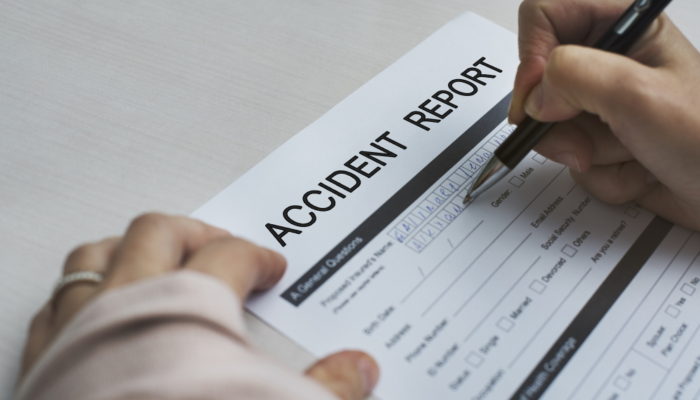In a settlement, the injured person agrees to a payment amount from the insurance company or other driver or at fault party, and in exchange gives up the right to pursue any further legal action in connection with the accident or incident.
The amount one recovers reflects the full settlement sum minus attorney fees, court costs, liens, and other expenses. Receiving the settlement check usually marks the end of the personal injury case.
In most cases, injured parties have incurred medical bills which may have been paid by insurance, Medicare, Medicaid, Worker’s Compensation or may remain unpaid. What concerns most clients is not the total recovery or settlement amount but the net proceeds they will receive after bills, liens, expenses, and fees are paid. Attorneys should negotiate with not only the at fault party or their liability insurance but also lienholders as well as medical providers (physicians, clinics, MRI facilities, hospitals, etc.) who provided care for the subject case.
Most medical treatment provided and paid by an insurance will have a right of subrogation or reimbursement when the case settles, except for Personal Injury Protection (PIP Insurance) in a motor vehicle accident. The foregoing includes traditional health insurance carriers, Worker’s Compensation and others like Medicare, Medicaid, or the VA. Temporary disability insurance as well as Med-Pay auto insurance coverage may also have a right of reimbursement.
The reasons a case progresses slowly can be based on several general points. Acase may be delayed by legal or factual issues. The case may involve significant damages and substantial compensation. The client/patient has not reached maximum medical improvement or has not completed treatment from the injuries sustained in the accident
It can take anywhere from a few months to years for an accident case to settle. There may be much for each side to investigate, and if an innocent party suffered extensive injuries and property damage, this scenario could also explain why the settlement process is lengthy. Further, negotiating liens and medicals bills can sometimes take the same or longer time than the underlying case, particularly when the policy limits are low, and damages are large.
The reimbursement right of each entity can differ significantly considering how lien rights are calculated and/or protected by state or Federal law or statute and by the circumstances of each individual case. For example, Federal law provides protections to certain insurance companies governed by ERISA law, which provides them the right to insist on their full lien recovery from the settlement. Certain public hospitals have greater protections under state law as well.
A Settlement Closing Statement itemizing the Fees, expenses & liens should be given to the client prior to the signing of a Release of Claims so that they are fully informed as to what the final total amount recovered would be as well as their net recovery.This document is prepared by the client’s personal injury attorney and must be reviewed and approved by the client before any money can be disbursed. The closing statement will set forth the funds that will be going to the client’s personal injury attorney for his or her fees, the costs involved in the litigation or case, the money that is being paid to providers, and the amount of money that will be disbursed to the client. Often this document is signed as well as the release when the settlement funds are received or prior thereto.
Once the Release of Claims and Settlement Closing Statement are signed and the insurance draft or check is received and then deposited in the law firm’s Trust Account, the case against the responsible party is concluded, if pre-suit or a dismissal is filed with the Court in the lawsuit unless the case went to verdict and/or a judgment was obtained. Thereafter, once the settlement check clears the bank, all liens must be resolved and paid as well as the attorney’s fees and expenses, and then, the net proceeds are paid to the client. At that point, the subject case should be concluded.
If you have been injured in an accident or have any additional QUESTIONS regarding the foregoing matters, contact or call the Attorneys at CASERTA & SPIRITI.




